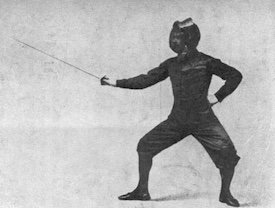Yes, exactly but if we’re talking about audibility, then we’re talking about both. We have the hard physics of the device we’re measuring, plus many decades and in some cases over a century of controlled tests regarding what is audible. So, we have a wealth of reliable and accurate data, although in the case of controlled audibility tests, not necessarily precise data, a “range” rather than a precise number. We typically deal with potential outliers to this range with test signals that isolate and exacerbate the phenomena being tested and therefore, the lowest threshold of audibility is commonly well below the level that anyone could detect when listening to music.isnt this the main difference between empirical science like psychology and hard science like physics?
Isn’t the discussion rationally ended by accepting that an objective audio measurement of a device (say a DAC or amp) is just an objective audio measurement of the device, not a measurement of human perception? Even if we add certain aspects of human perception to the equation, say “audibility”, commonly the discussion is already ended rationally because the differences are commonly magnitudes below what is audible even with test signals.to create a device that measures what a human would perceive, the device would need to have a human neuronal circuit included, which is kinda absurd. but without this i dont see this discussion ever coming to an end.
G






















